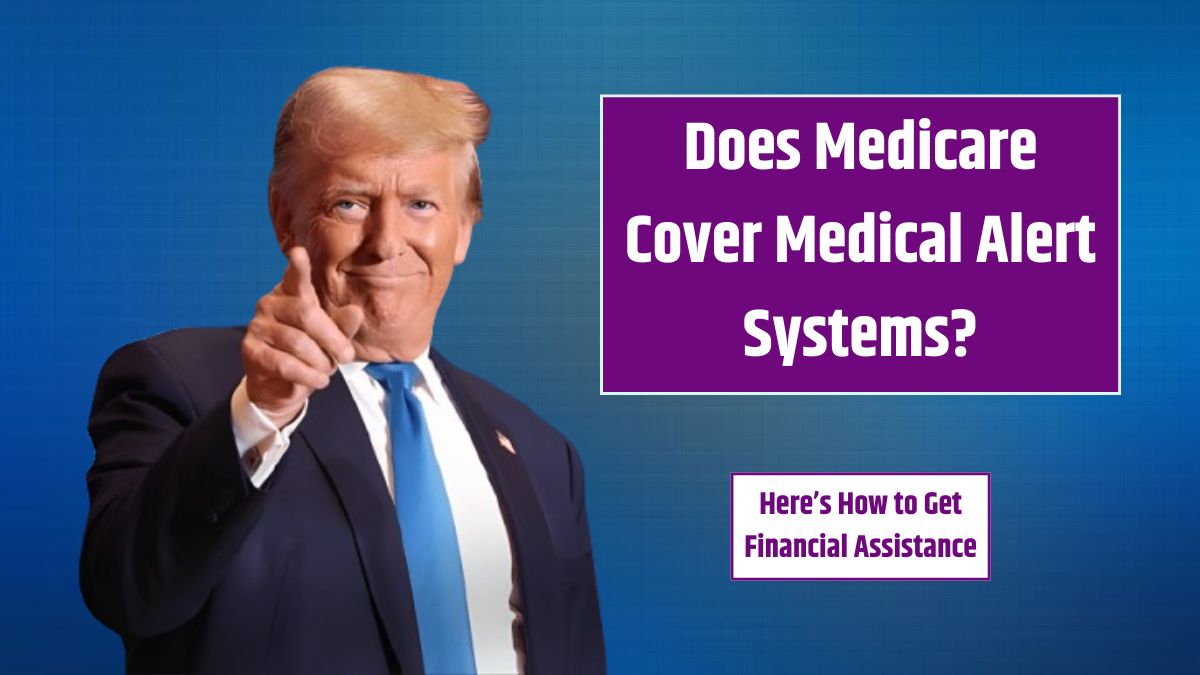Medical alert systems, also called personal emergency response systems (PERS), are essential for seniors and individuals with medical conditions. These devices provide immediate access to emergency services at the push of a button, helping to reduce response times in critical situations. But a common concern is whether Medicare covers the cost of these systems. The answer depends on the type of Medicare plan you have.
Original Medicare (Parts A and B) does not typically cover medical alert systems, as they are not considered durable medical equipment (DME). However, some Medicare Advantage (Part C) plans may offer coverage. Additionally, there are other financial assistance options available to help with the cost.
Medicare
For those enrolled in Original Medicare (Parts A and B), medical alert systems are generally not covered. Medicare Part A covers hospital stays, hospice care, and some skilled nursing facility services. Medicare Part B covers outpatient care, doctor visits, and DME. Since medical alert systems are not classified as durable medical equipment, they do not qualify for Medicare coverage.
Advantage
Medicare Advantage (Part C) plans, offered by private insurance companies, often include extra benefits that Original Medicare does not cover. Some of these plans provide coverage for medical alert systems, but availability varies by provider and location.
If you have a Medicare Advantage plan and want to know whether it covers a medical alert system, contact your insurer directly or review your policy details. Some plans may include the cost as part of their additional wellness benefits.
Medicaid
Unlike Medicare, Medicaid is a state-run program, and coverage for medical alert systems depends on the state you live in. Some states offer assistance for these systems through Home and Community-Based Services (HCBS) waivers. These waivers help seniors and individuals with disabilities stay in their homes rather than moving to a nursing facility.
If you qualify for Medicaid, check with your state’s Medicaid office to find out if they provide coverage for medical alert systems.
Assistance
If Medicare does not cover your medical alert system, there are several other programs that may help reduce or cover the cost:
- Long-term care insurance – Some policies include medical alert systems as a covered service.
- Veterans’ benefits – The Department of Veterans Affairs (VA) may provide assistance for qualifying veterans.
- Nonprofit organizations – Some charities and community programs offer financial aid or free medical alert systems to those in need.
- State and local programs – Some states and local governments offer assistance through aging services programs.
Before purchasing a medical alert system, it’s a good idea to explore all your financial assistance options to see if you qualify for help.
Medical alert systems provide peace of mind and security, especially for seniors and individuals with medical conditions. While Original Medicare does not typically cover these devices, Medicare Advantage plans and other assistance programs may help offset the cost. If you or a loved one need a medical alert system, look into all available options to ensure safety and affordability.
FAQs
Does Medicare cover medical alert systems?
Original Medicare does not, but some Medicare Advantage plans may.
Are medical alert systems considered durable medical equipment?
No, Medicare does not classify them as durable medical equipment.
Can Medicaid help pay for medical alert systems?
Yes, some states offer assistance through HCBS waivers.
What other programs help cover medical alert costs?
Veterans’ benefits, long-term care insurance, and nonprofits may help.
How can I check if my Medicare Advantage plan covers it?
Contact your insurer or review your plan’s policy details.






